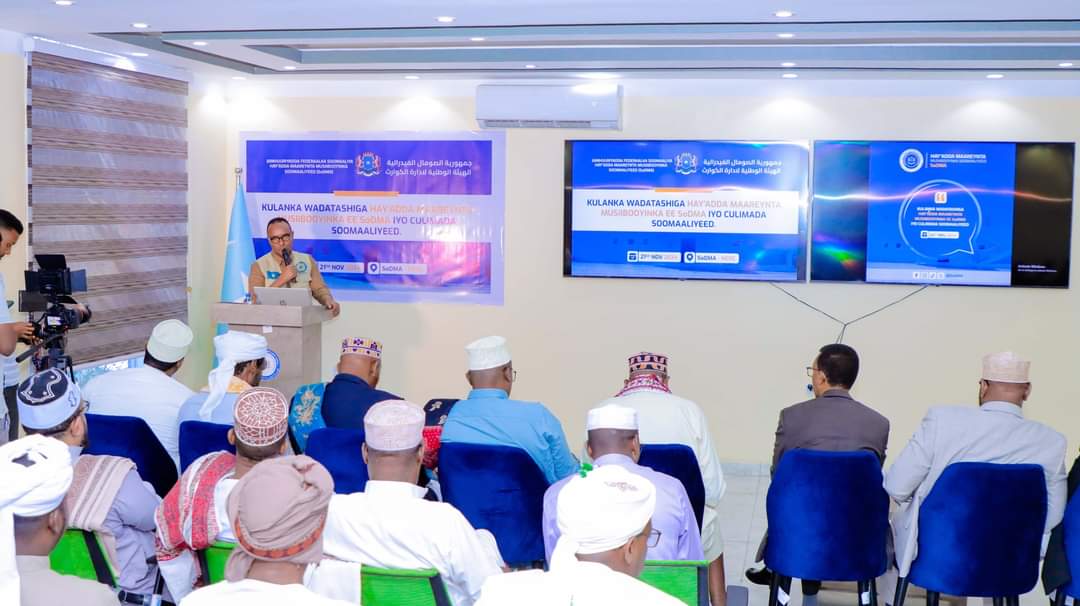Addis Abeba – The Council of Ministers, in its meeting today, unanimously approved the draft Transitional Justice Policy after it “discussed and added additional input” to the draft.
Accordingly, the Council approved the Transitional Justice Policy to be “effective from the date of its approval.”
The policy aims to address “the overlapping and wide range of victims of human rights violations, conflicts, narratives, and abuses that have occurred in different eras in the country,” the Council stated.
The Council said that the previous attempts to resolve these issues “did not provide a lasting solution as they were not sufficiently rights-oriented and flexible.” In contrast, the new policy is described as “an inclusive, humanitarian transitional justice strategy based on mercy, justice, and transparent policies.”
The draft policy was submitted by the Ministry of Justice after the conclusion of public consultation workshops to validate the draft document.
According to the Ministry of Justice, four workshops were organized in Addis Abeba with representatives of political parties, civil society organizations, democratic institutions, victim groups, and government officials. The stakeholders “actively debated and contributed feedback on the policy draft content,” the statement from the Ministry reads.
In September 2023, a team of 14 experts leading public consultations on transitional justice policy options, under the auspices of the ministry, said it had concluded the consultations that had been underway across the country since March 2023.
Recently, Addis Standard published an article detailing expert perspectives on outstanding issues around Ethiopia’s transitional justice process. The experts caution against misplaced optimism, questioning the government’s commitment to genuine accountability. AS









